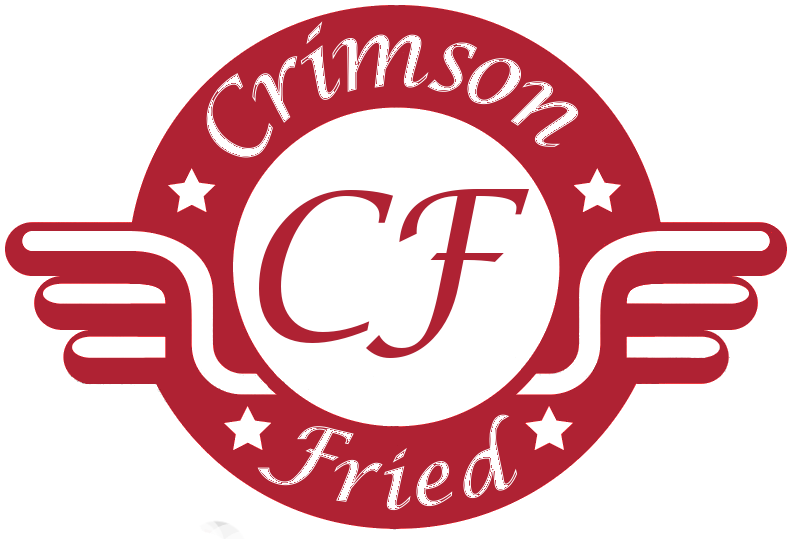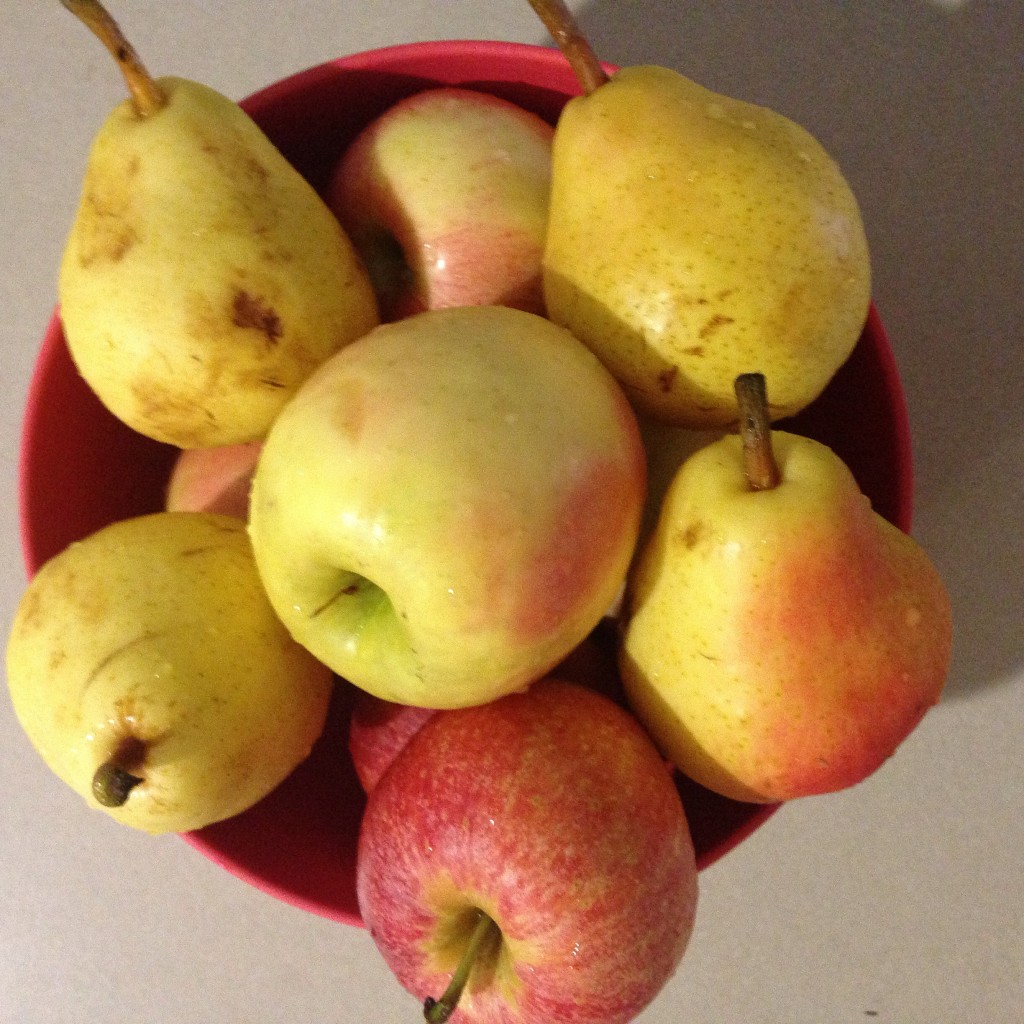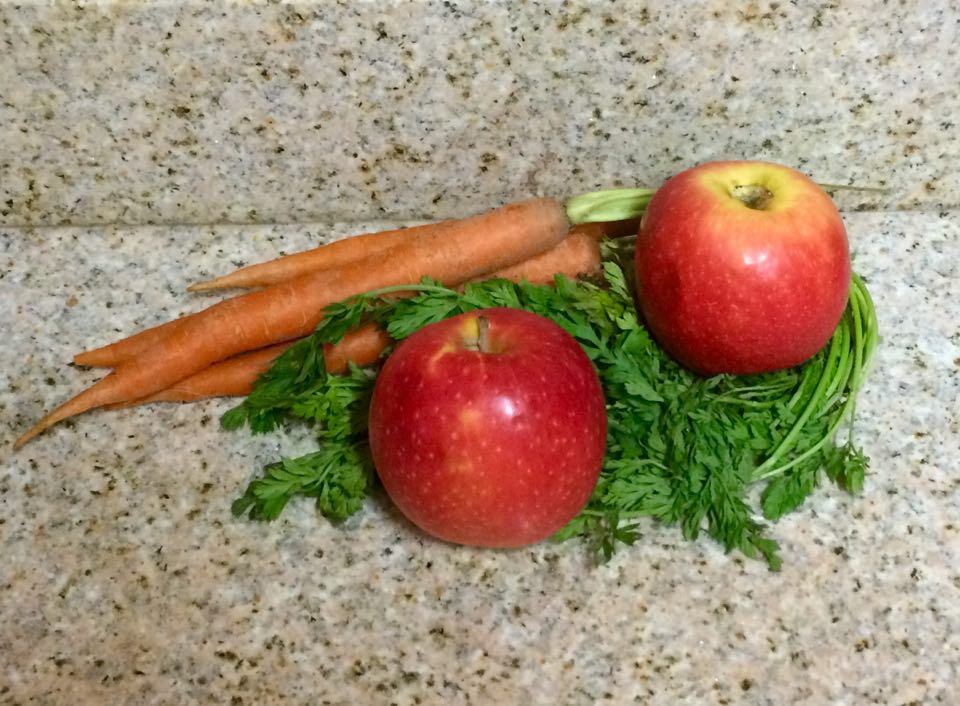“Only by safeguarding Nature’s resilience can we hope to have a resilient form of food production and ensure food security in the long term.”
– Prince Charles of Wales
We’re at a weird place when it comes to food. Between the latest fad diets, sensationalized scientific reports, and media exposés – Americans are more aware of what they’re eating than ever before. Yet, this awareness is generally limited to personal matters: “Will this food make me fat?” or “Does this vitamin fight cancer or cause it?” We care very much about food on the small-scale, but simultaneously we might be missing the bigger picture, with potentially terrible consequences.
As Prince Charles states in his speech “On the Future of Food,” there is more to our relationship with food than our own bodily health. Our methods of food production and consumption affect the health of the planet itself. The methods of industrial agriculture work for the time being, but they lack sustainability; It is this short-sightedness that has Prince Charles worrying, “for the sake of your generation…It is your future that concerns me and that of your grandchildren, and theirs too.” And again and again, he addresses the problems we face now or will face in the not-too-distant future. Continue reading



